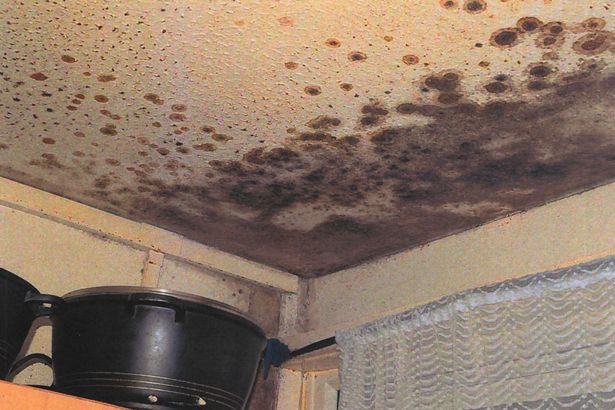
A social landlord responsible for the home where toddler Awaab Ishak died following severe mould exposure claimed mould was “acceptable” in refugee tenants’ homes.
A damning report by the housing ombudsman for England, Richard Blakeway, found that Rochdale Boroughwide Housing (RBH) tenants were judged by staff members with “prejudices, lazy assumptions and an attitude towards asylum seekers and refugees that is wholly unacceptable”.
It found that a manager at the provider, which rents out over 12,000 homes, made the remark about mould to a colleague, saying refugees should be grateful they had been housed.
“Residents complained about mold [sic] and living conditions ... regularly ... raised it with her manager ... was told it’s ok and acceptable. Most of the residents were refugees and she was told they are lucky they have [a] roof over head,” the report stated.
The report comes after a coroner ruled that two-year-old Awaab’s death in December 2020 was caused by prolonged exposure to mould in the flat where he lived with his mother Aisha Amin and father Faisal Abdhullah in Rochdale, Greater Manchester. His parents had complained to the provider about mould multiple times.
In 2022, watchdog the Regulator of Social Housing found “widespread failings” at RBH, saying the provider made “incorrect assumptions” about the cause of damp and mould in the toddler’s flat and did not treat his family with fairness and respect.
Awaab’s parents have called for a new law to be implemented in their son’s name, which would require landlords to investigate the causes of damp and mould within 14 days of complaints being made.

The ombudsman’s report found that a separate mould complaint was dismissed by an official saying: “Their [the tenant’s] frustration is that they want a bigger home and can’t get one.”
Meanwhile, RBH housing officials said “ritual bathing” and the “style of cooking by boiling food” were to blame for damp. One complained: “when people … go through the asylum process … everything is done for them in terms of cleaning and so they expect it when they are moving into accommodation”.
Blakeway said: “Our investigation has highlighted that culture change will be central to the landlord’s recovery.
“The weakness in policies, repeated failures and failure to learn from complaints has led us to conclude there was wider service failure by the landlord in areas other than its response to damp and mould, including record keeping and communication.
“Our investigation found reoccurring instances of residents being treated in dismissive, inappropriate or unsympathetic ways. In some instances, the language used was derogatory.”
Yvonne Arrowsmith, interim chief executive of RBH, said the findings were “sobering, but not unexpected”.
“Too often damp and mould was not seen as a serious issue and was often wrongly attributed to a resident’s lifestyle,” she said.
“We have taken significant steps since December 2022 to tackle damp and mould across our homes, but it is fair to say that this work should have started much earlier,” she said. “Our residents have the right to be treated with respect and be listened to and too often this didn’t happen. We are putting this right.”
She highlighted national policy “lessons” including funding given to social landlords who must balance investment in existing homes with “the desperate need for more homes” in particular to tackle overcrowding.







